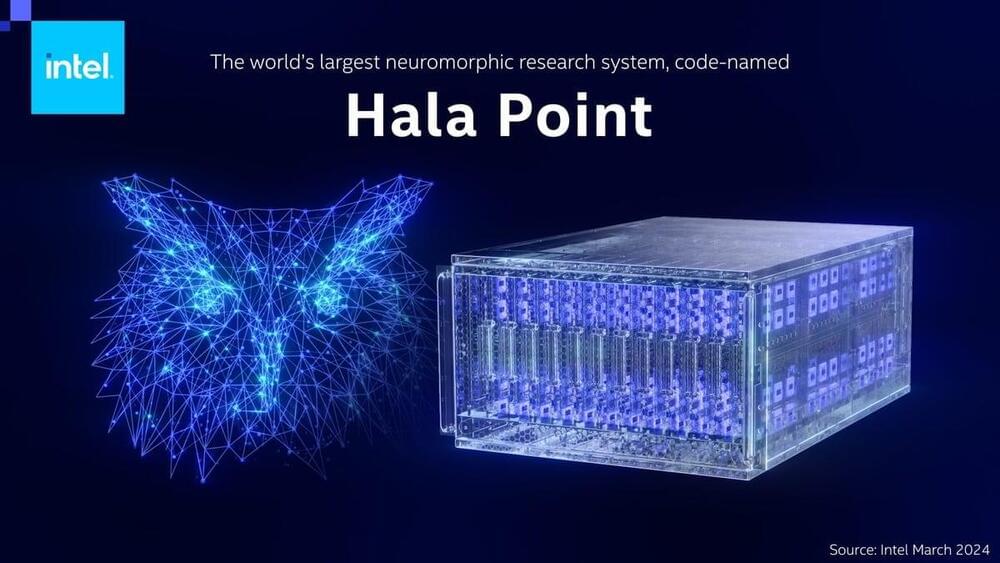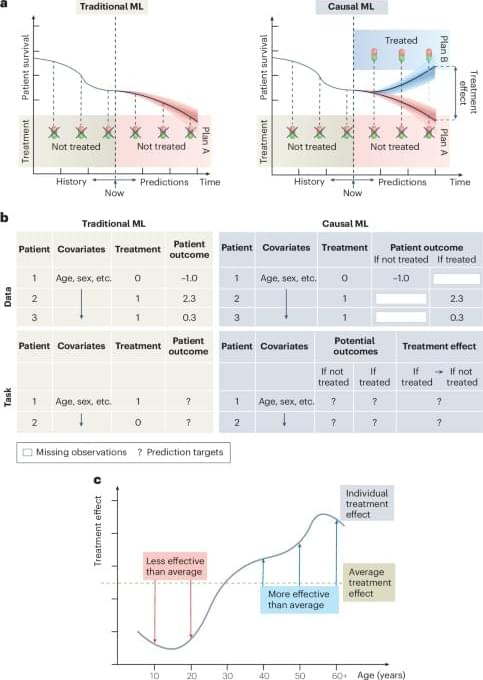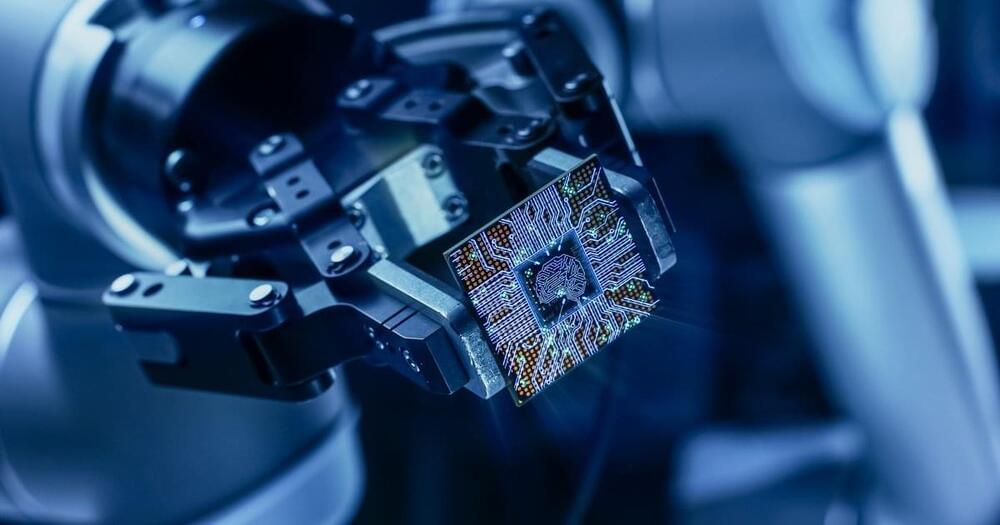
Three years after introducing its second-generation “neuromorphic” computer chip, Intel on Wednesday announced the company has assembled 1,152 of the parts into a single, parallel-processing system called Hala Point, in partnership with the US Department of Energy’s Sandia National Laboratories.
The Hala Point system’s 1,152 Loihi 2 chips enable a total of 1.15 billion artificial neurons, Intel said, “and 128 billion synapses distributed over 140,544 neuromorphic processing cores.” That is an increase from the previous Intel multi-chip Loihi system, debuted in 2020, called Pohoiki Springs, which used just 768 Loihi 1 chips.
Sandia Labs intends to use the system for what it calls “brain-scale computing research,” to solve problems in areas of device physics, computer architecture, computer science, and informatics.


















